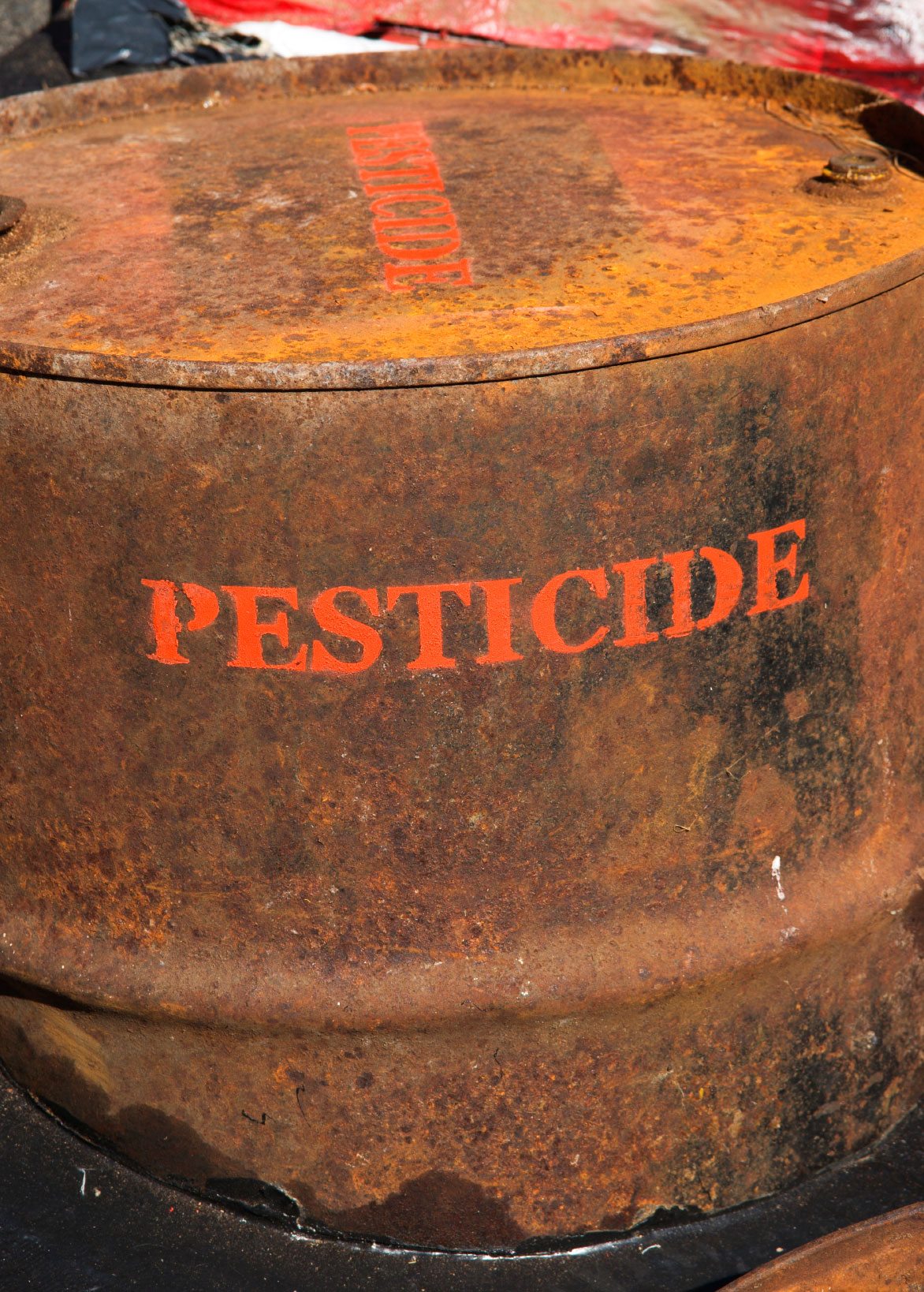Safely Disposing Unused Pesticides: Learn About Pesticide Storage And Disposal


Proper disposal of leftover pesticides is as important as correct disposal of prescription drugs. The aim is to prevent misuse, contamination, and promote general safety. Unused and leftover pesticides can sometimes be stored and used at a later time, but occasionally storage, once mixed, renders them un-usable at a future date. These toxic chemicals need to go to a treatment facility or hazardous waste collection site. Even empty containers need to be cleaned and disposed of properly, as they still contain small amounts of residue. Learn how to dispose of pesticides in a responsible manner in order to minimize harm.
Why Do We Need Proper Pesticide Storage and Disposal?
Pesticides contain a toxic brew of chemicals that are intended to kill living creatures. As such, they have the capacity to do harm to unintended victims and may be dangerous to children, pets, wild animals, fish, and invertebrates. Some chemicals can also do harm to a septic system and are carried far in storm drains and underground streams, spreading their dangers as they go. Careful pesticide disposal methods are keys to confining harm and enhancing the environment. Disposing unused pesticides by simply pouring out excess into the drain and then throwing out the container starts a problem that goes through our treatment systems, natural waterways, and ambient environment. The poisons are still active when you dispose of them in this manner, and they can pollute the entire system as they go through. The container may only have one millionth of a percent of chemical left in it, but it is still a toxic chemical for small organisms in this amount. Every little bit that is rinsed into our treatment systems adds up incrementally until the entire structure is contaminated. Overtime, it gets difficult to manage these increasing levels of contamination and the contagion will spill over outside the structure of disposal that humans use into the natural environment.
How to Dispose of Pesticides
Most municipalities have hazardous waste stations. These collection sites will be able to advise you on correct pesticide storage and disposal. They will also take unused pesticides and destroy them for you in a safe manner. This is the easiest manner of disposing unused pesticides. You will need to have the chemicals in their original container with the manufacturer's label of ingredients. Make sure the items are secured carefully in your vehicle and all lids are firmly closed during transport.
Getting Rid of Leftover Pesticides Safely
If your area doesn't have a convenient hazardous waste collection site, you can store it in a cool dark location, tightly closed until you can get to one. If the chemical is gone, you can clean out the container for disposal by following these steps: Rinse the container three times and use the mixture in a sprayer on areas listed as safe on the label. Follow the application precautions and methods. If you absolutely cannot use any of the listed pesticide disposal methods, try asking a neighbor or friend if they have the pests listed on the container and can use up any solution. It is important to your health and the health of the planet that safe means are used when getting rid of leftover pesticides. These methods will protect you and your family as well as the marvelous world in which we live.
Sign up for the Gardening Know How newsletter today and receive a free copy of our e-book "How to Grow Delicious Tomatoes".

Bonnie Grant is a professional landscaper with a Certification in Urban Gardening. She has been gardening and writing for 15 years. A former professional chef, she has a passion for edible landscaping.